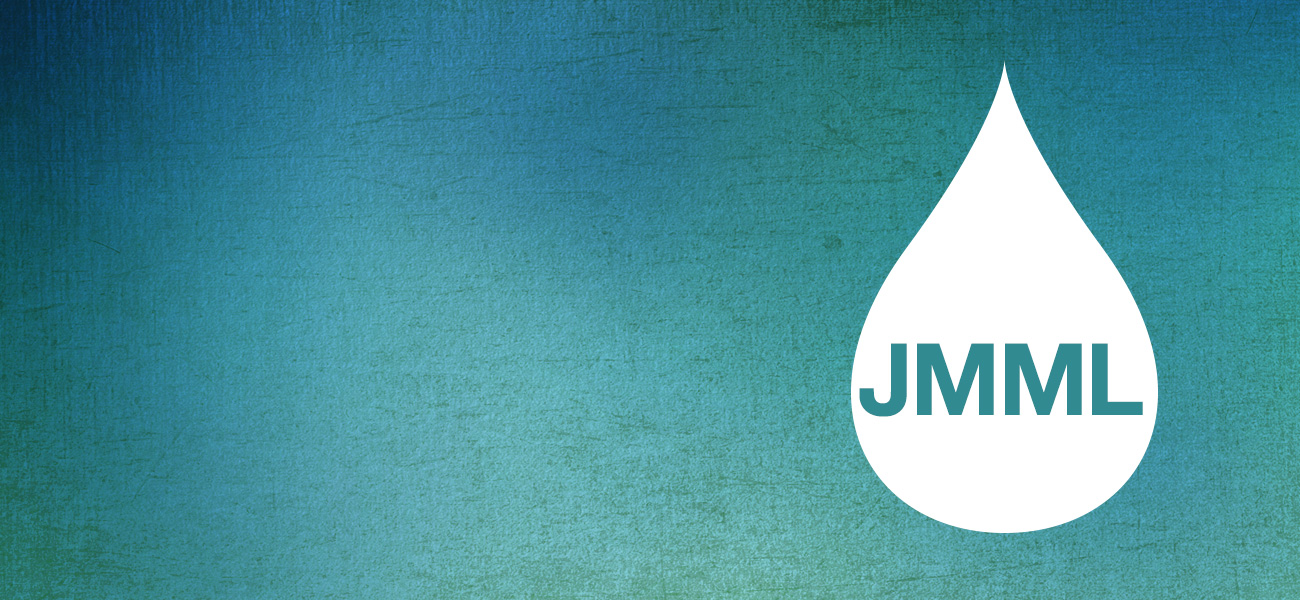Diagnosing juvenile myelomonocytic leukemia (JMML) usually involves ruling out other similar diseases such as chronic myelomonocytic leukemia and chronic myeloid leukemia, especially if your child is older than 6 years. Doctors commonly use blood tests and bone marrow tests to diagnose JMML.
The tests used to diagnose JMML include:
- Blood tests
- Bone marrow aspiration and biopsy
- Cytogenetic and molecular tests that look for cytogenetic (chromosomal) and molecular abnormalities (gene mutations) in the cancer cells
Diagnostic Criteria for JMML
Category 1 (All of the following)
- Presence of an enlarged spleen
- A persistent elevated monocyte count in the blood (greater than 1x109/L which is equivalent to 1,000 monocytes per microliter of blood (1,000/µl)
- The absence of the Philadelphia chromosome (Ph chromosome) and the BCR-ABL1 gene rearrangement. The Ph chromosome is an abnormality of chromosome 22 found in the marrow and blood cells of patients with CML
- Less than 20 percent blasts circulating in the blood and present in the bone marrow
Category 2 (at least one of the following)
- Somatic (change in DNA that happens after conception) mutation in PTPN11, KRAS or NRAS genes
- Clinical diagnosis of neurofribromatosis type 1 (NF1) or NF1 gene mutation
- Germline CBL gene mutation
Category 3 (if criteria from category 2 are not met, two of the following are acceptable)
- Monosomy 7 (only one chromosome from a pair) or any other chromosomal abnormality
- Higher levels of hemoglobin F than is normal for the age of the patient
- Myeloid precursors (predecessor of red blood cells, platelets and some types of white blood cells) in the blood
- Granulocyte-macrophage colony-stimulating factor (GM-CSF) hypersensitivity in colony assay
- Hyperphosphorylation of STAT5
Cytogenetic (chromosomal) and Molecular Abnormalities
Nearly all JMML patients have an abnormality in a specific gene or chromosome. A mutation in the genes of the RAS pathway is detected in more than 95% of JMML patients. Monosomy 7 and other chromosome 7 abnormalities occur in approximately 25 to 30 percent of patients. See the booklet linked below form more information on these abnormalities.
Related Links
- Download or order The Leukemia & Lymphoma Society's free booklet, Chronic Myelomonocytic Leukemia (CMML) and Juvenile Myelomonocytic Leukemia (JMML)
- Lab and Imaging Tests
- Blood Tests
- Understanding Blood Counts
- Bone Marrow Tests
